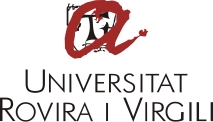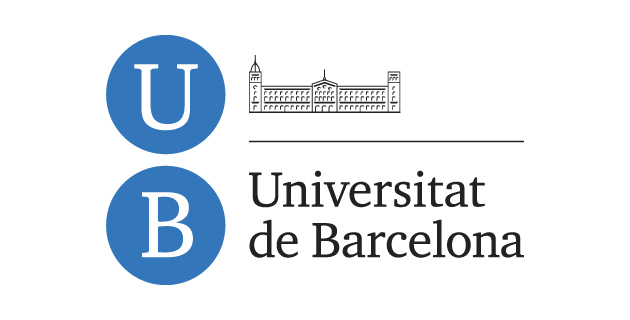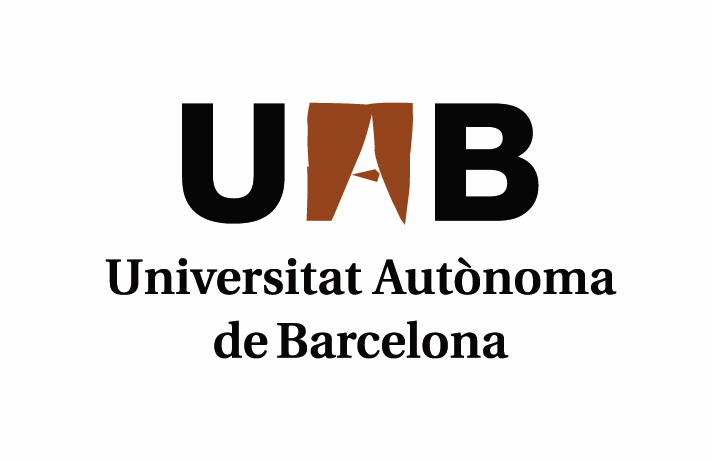
- Programme coordination
| Dr. Maria del Pilar Ferré Romeu | mariadelpilar.ferre(ELIMINAR)@urv.cat |
- Programme Academic Committee
| Dr. Maria del Pilar Ferré Romeu (president) | Dr. Natàlia Català Torres (secretary) | |
| Dr. Josep Demestre Viladevall | Dr. Marc Guasch Moix |
- Interuniversity Programme Academic Committee
| Dr. Faustino Diéguez-Vide - UB (president) | Dr. Anna Gavarró Algueró - UAB (secretary) | |
| Dr. Olga Fernández Prat - UAB | Dr. Manuel García-Carpintero - UB | |
| Dr. Elisabet Tubau - UB | Dr. Maria del Pilar Ferré Romeu - URV | |
| Dr. Natàlia Català Torres - URV | Dr. Maria Lluïsa Hernanz Carbó – UAB | |
| Dr. Josep Denestre Viladevall - URV |
- Offer
| Places available | 5 |
- Language
- Catalan
- Spanish
- English
- Introduction and objectives
The main aim of doctoral studies is to train students to carry out high-quality advanced research. To achieve this, the general objectives are the following:
- To incorporate the doctoral students in a research group.
- To broaden the students' abilities so that they can specialise intensively in the research lines defined by the programme.
- To foster initiative in undertaking research projects with the methodology and the scientific principles of the research line in which they are working.
- To promote the acquisition of general skills related to personal and group work, participation in research projects, management of bibliographic databases, etc.
- An inter-university doctorate
The doctoral programme in Cognitive Science and Language is jointly organised by the following three universities:
Inter-university
|
|
|
|
Website of the inter-university programme
- Career opportunities
Students who successfully complete the doctoral programme will be able to work in the following areas:
- Research in the field of cognitive science.
- Teaching in the field of cognitive science, neuropsychological assessment, psycholinguistic assessment, cognitive development and language assessment, and knowledge engineering.
The interdisciplinary training offered by this doctoral degree provides its graduates with tools that allow them to become competent professionals who are sought in fields such as information technology, cultural management, publishing, public administration, journalism and other communication sciences.





